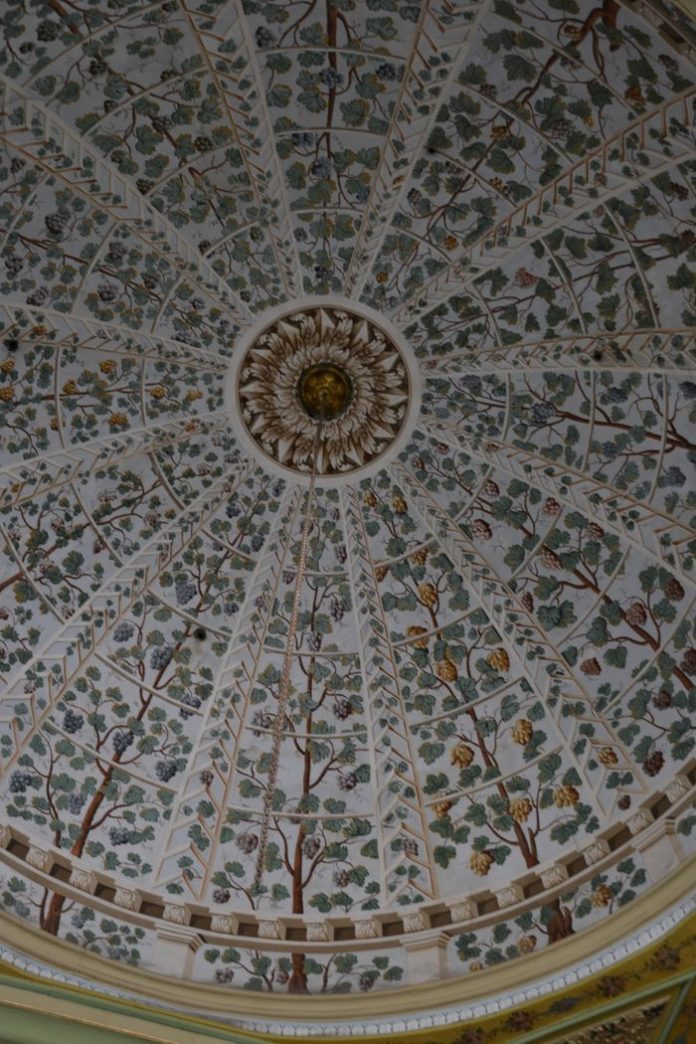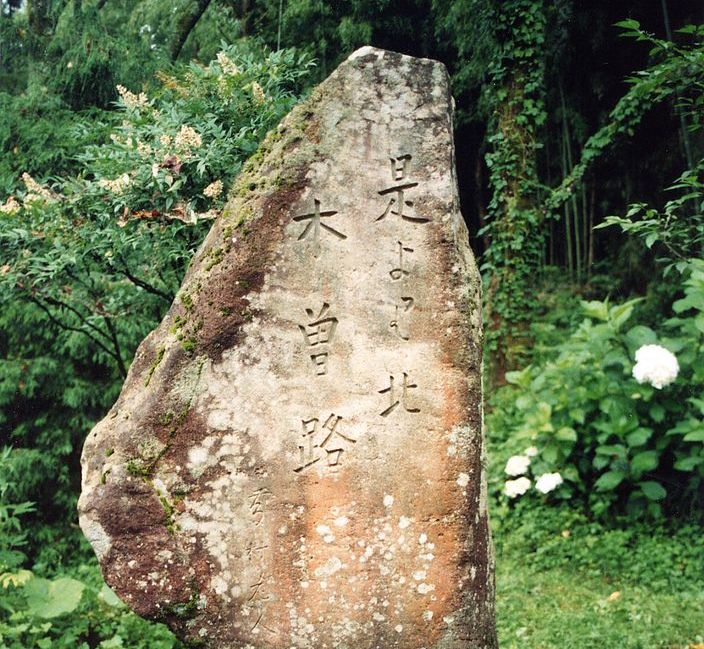Recording Centuries of Medical Wisdom
In the times of Roman imperial power and culture, scholars started documenting all the medical knowledge gathered through years of study and conquest. The renowned book “De Materia Medica” by military doctor Dioscorides, outlining over six hundred remedies from plants, animals, and minerals, laid the foundation for pharmacology. Dioscorides also wrote about poisons and their antidotes. A bit earlier, physician Cornelius Celsus compiled an extensive encyclopedia of Greek and Alexandrian medicine Galen.
Shaping the Course of Pharmacy
In the second century of the Christian era, Galen (Claudius Galenus), born in Pergamum, Asia Minor, became a pivotal figure. Born on September 22, 131, he passed away in Rome in 201. This Greco-Roman doctor, pharmacist, and philosopher authored around five hundred books and treatises, emerging as the leading scientist of his time. Galen’s writings on medicine and anatomy significantly influenced medical thinking during the Middle Ages and beyond Istanbul Private Tours.
Galen’s Lasting Impact
Galen’s extensive contributions covered various aspects of medical science, leaving an enduring legacy. Even today, the term “galenic” is used to describe drugs and medicaments made directly from plant or animal ingredients, known as “simplicia,” using prescribed methods. His work shaped the foundation of pharmacy, and his influence persisted through the ages.








